Digging into a big bowl of salad is not only good for you — it makes you feel good as well!
In addition to being filled with other foods your body needs to stay healthy, it's a primary meal for people who have chosen not to eat meat products — unless it's something covered in crispy bacon, like this bacon potato salad!
Since veggies aren't conscious of whether they're being eaten or not there's nothing to feel bad about — right?
Well, apparently, several scientists at the University of Missouri have found evidence that suggests plants can actually feel when they are being eaten. In fact, the evidence suggests vegetables can actually hear it.
How is this possible you ask? It all has to do with the ecological vibrations that plants can feel and respond to.
Check out the details of their fascinating research below — you will never look at a head of lettuce the same again!
[H/T: Daily Mail]
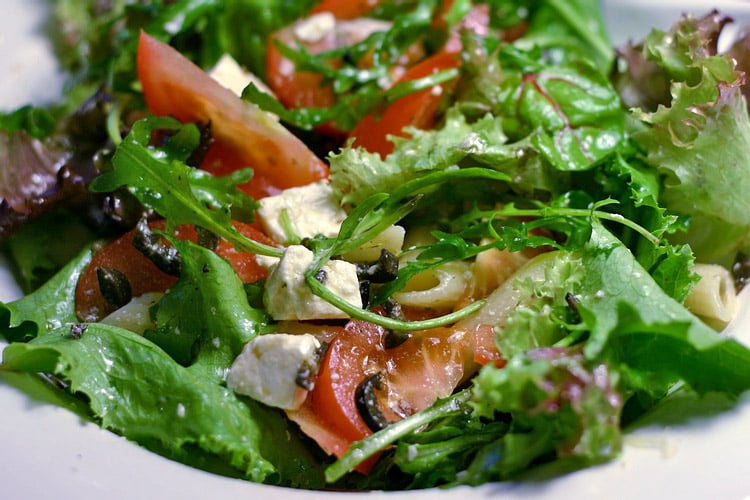
Listen up, veggie lovers! New evidence has surfaced that will make you look at your bowl of salad a little more sympathetically.
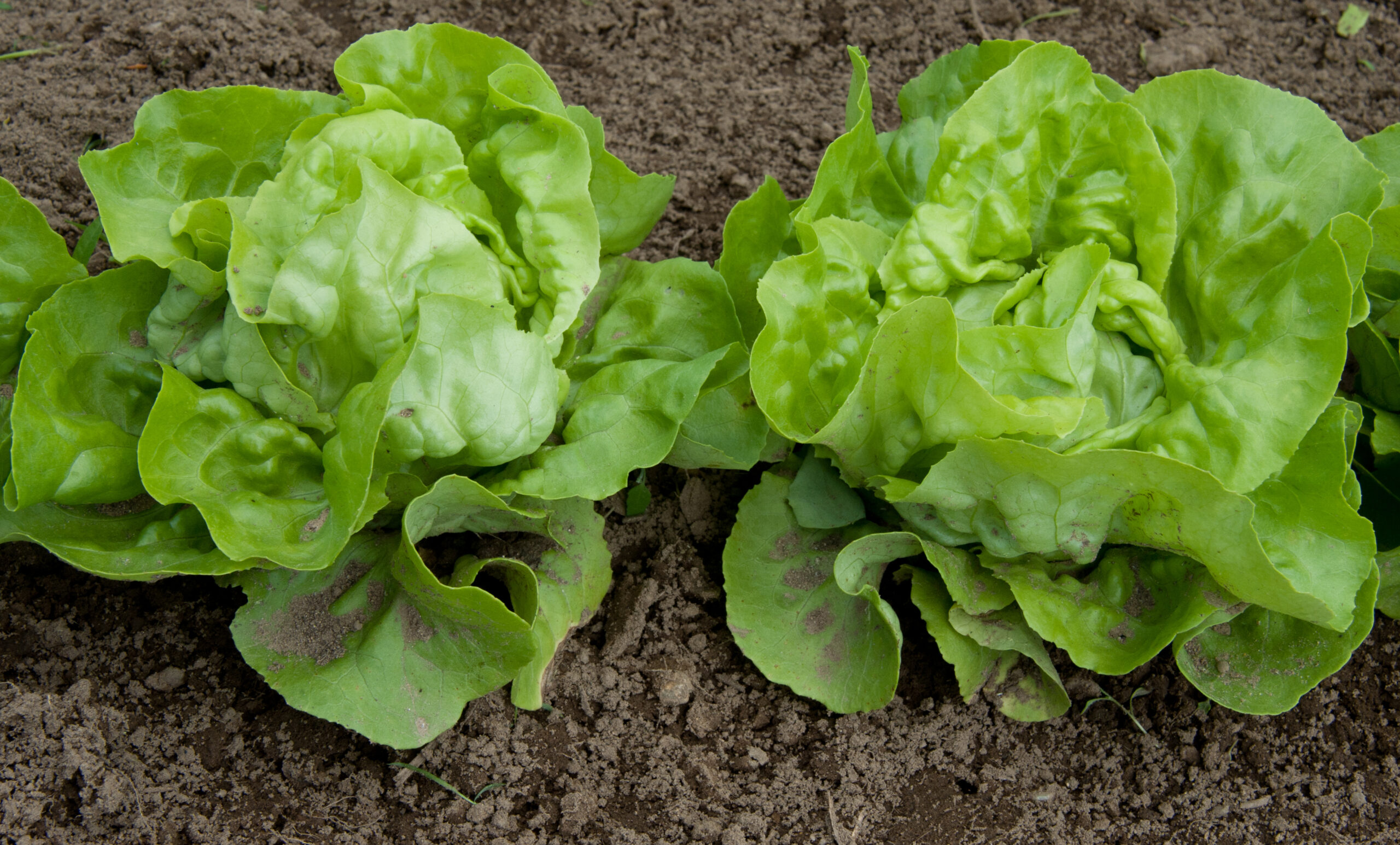
Though we may think that vegetables have no idea when we are chowing down on them, researchers at the University of Missouri (MU) may have turned that theory on its head.
They found that plants can identify different noises — including the sounds of them being chomped on — and try to defend themselves accordingly.
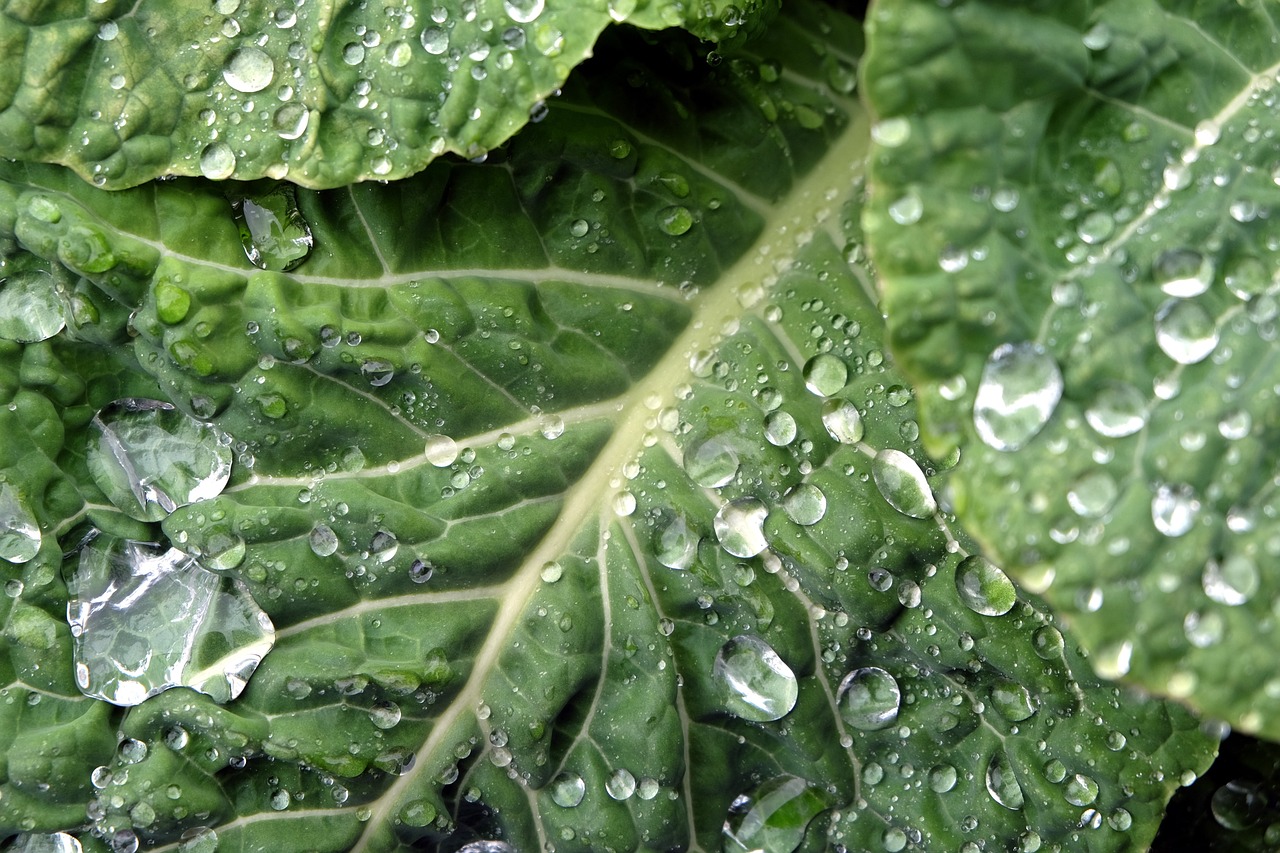
Heidi Appel, part of MU’s College of Agriculture, explains that plants respond to different acoustic energy depending on how it affects them.
"We found that 'feeding vibrations' signal changes in the plant cells' metabolism, creating more defensive chemicals that can repel attacks from caterpillars," she explained to Daily Mail.
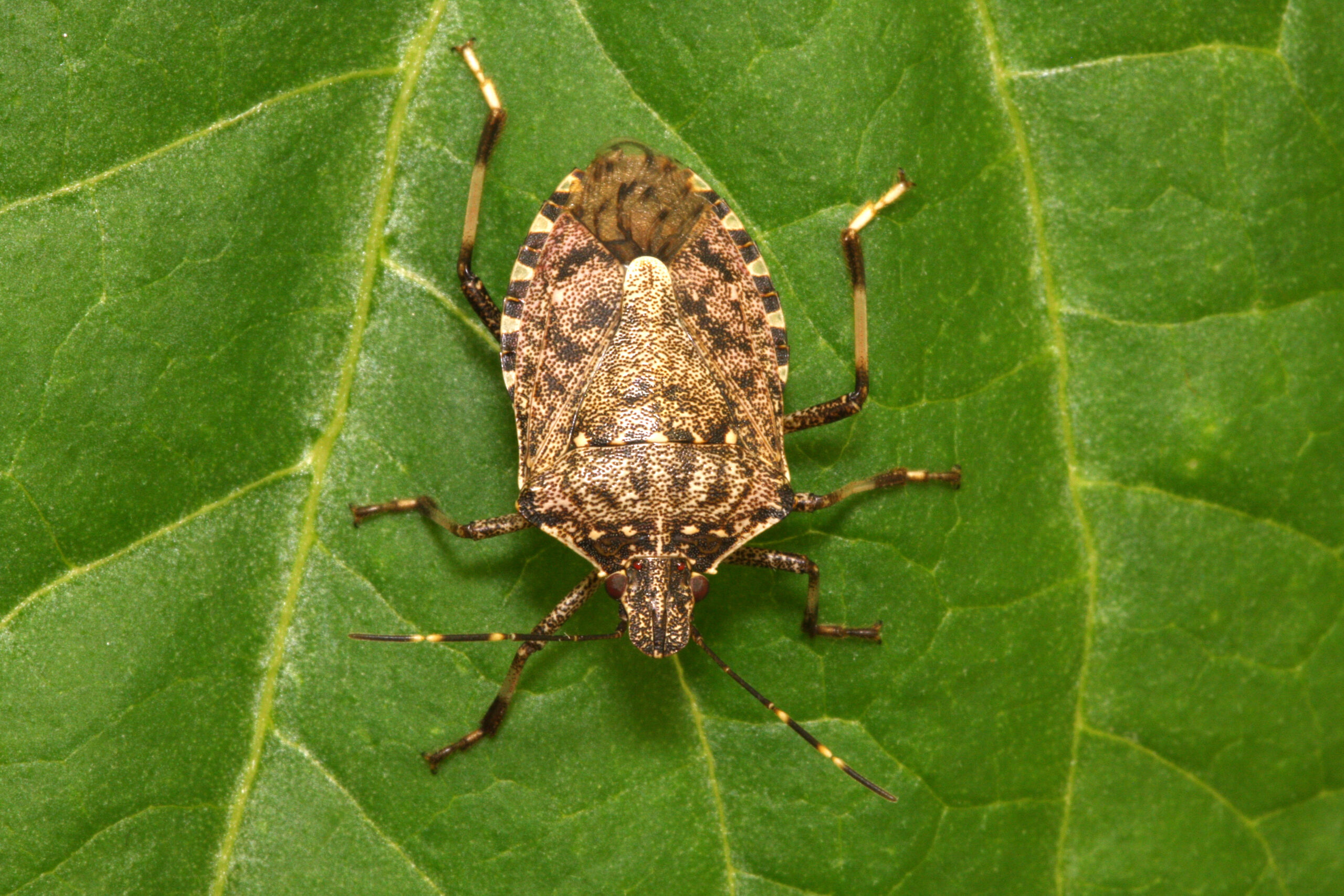
She conducted her research on this phenomenon with Rex Cocroft, a professor in the Division of Biological Sciences.
They started off by placing caterpillars on cabbage-like plants to feed.
They then recorded the “feeding vibrations” of the caterpillars and played them back to some of the plants, while playing only silence to others.
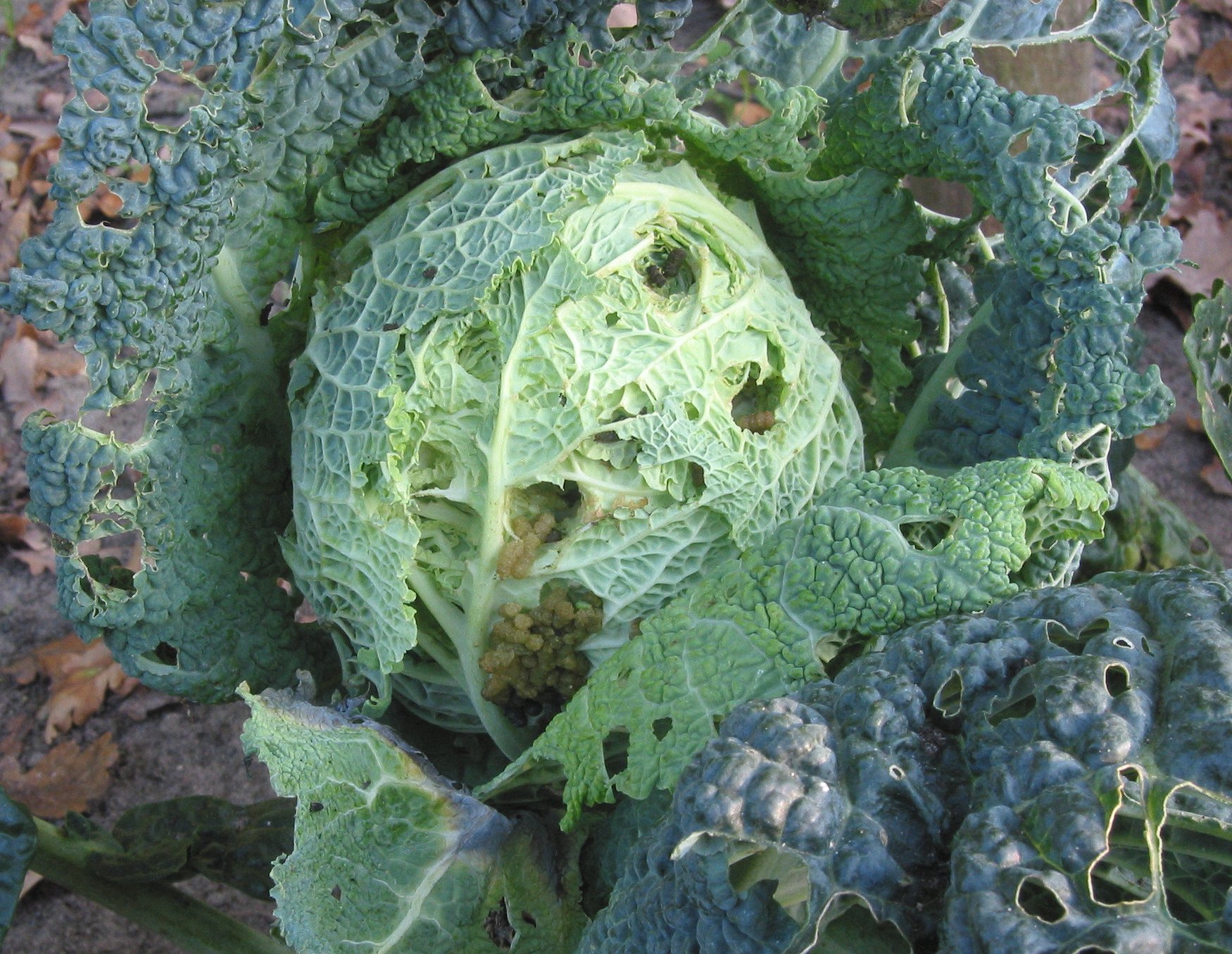
When they later unleashed the caterpillars to feed on both sets of plants, they found that the set that had listened to the vibrations earlier produced more mustard oils, which caterpillars definitely don’t like.
This means that the plants were able to tell when they were being fed on and tried to defend themselves accordingly.
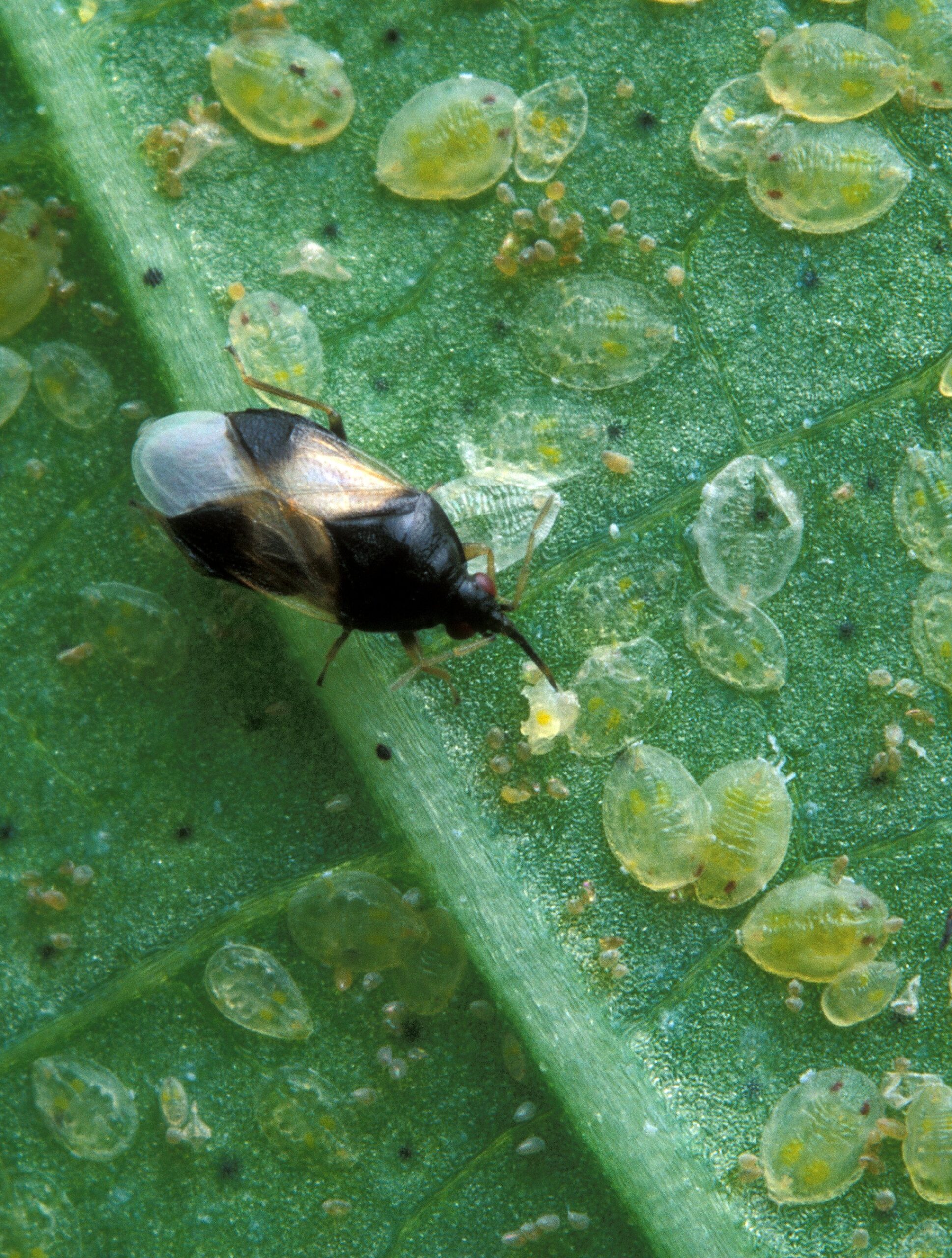
This evidence seems to support that plants are able to respond to attacks similarly to how animals do, though there is still much to be learned about how those vibrations are detected.
So in a strange way, plants seem to know when they are being attacked or eaten.

However, this research offers more than just making you feel bad for eating a leafy salad.
The fact that plants may be able to defend themselves from pests, if prompted to, could potentially lead to advancement in agricultural safety.
Regardless of how you look at the evidence, it’s pretty cool to think that plants can try to protect themselves like animals do — though it might make you feel a little guilty when you actively eat them!
If you love a good salad, make sure to SHARE with friends and family on Facebook.




